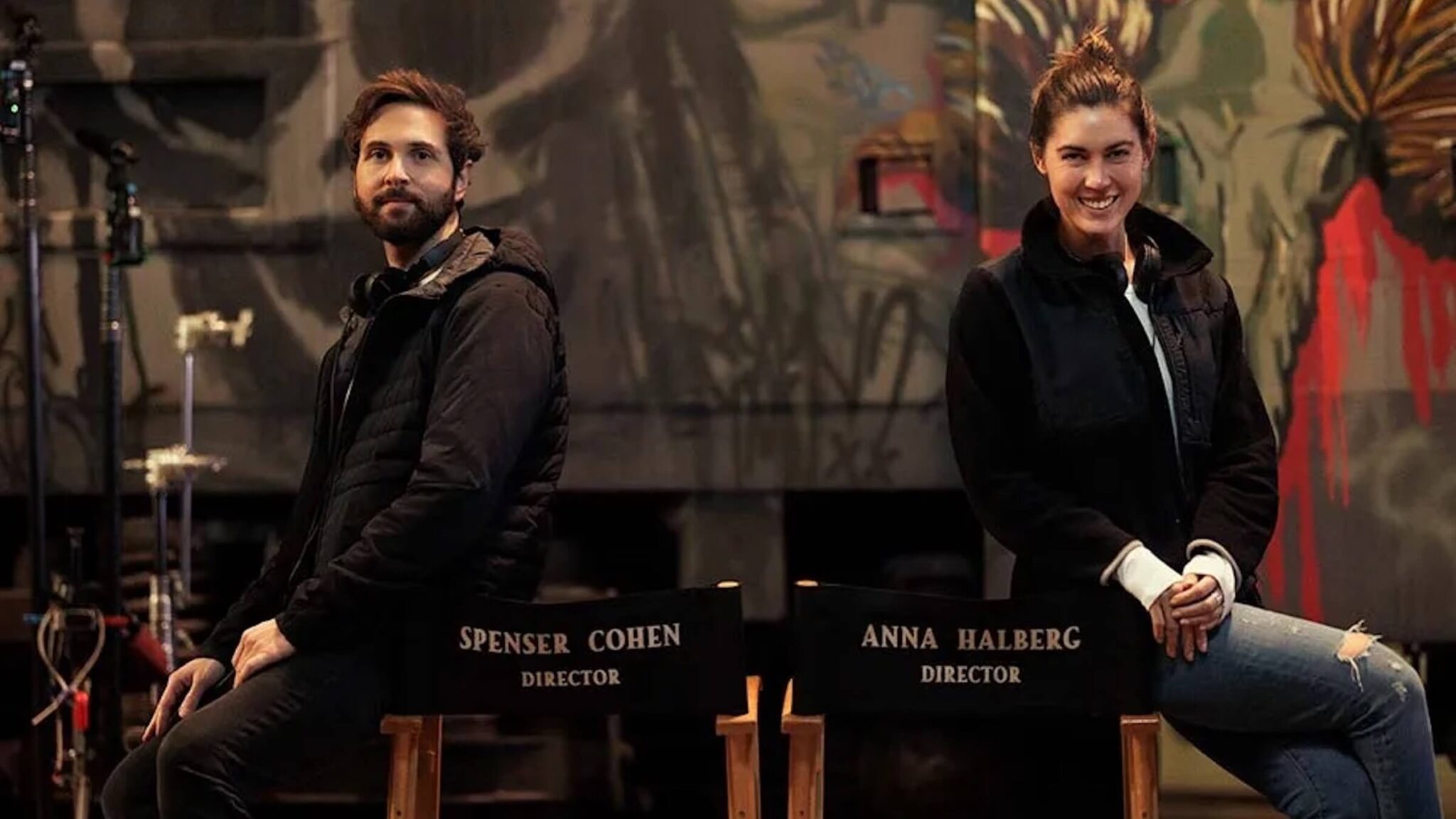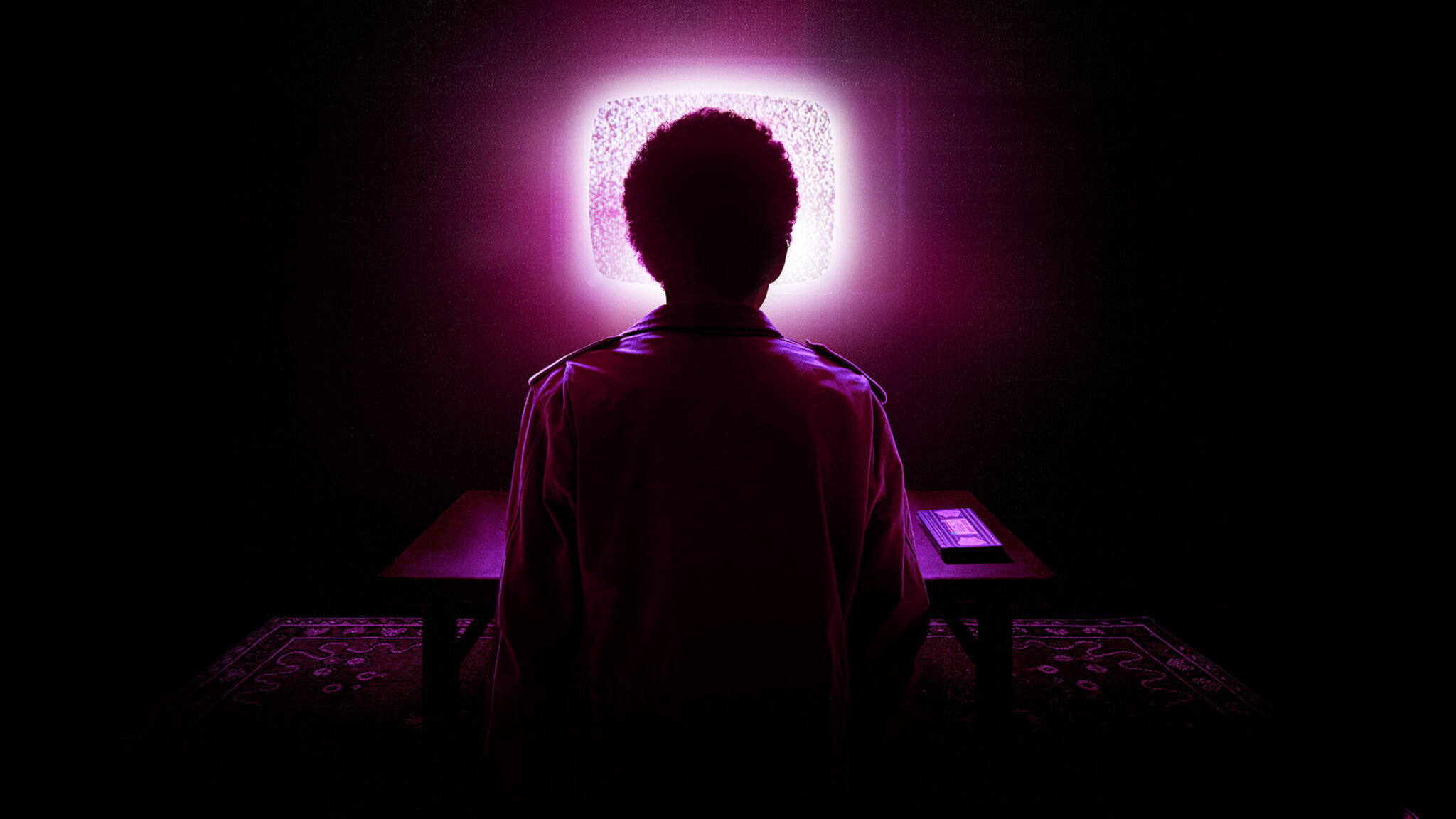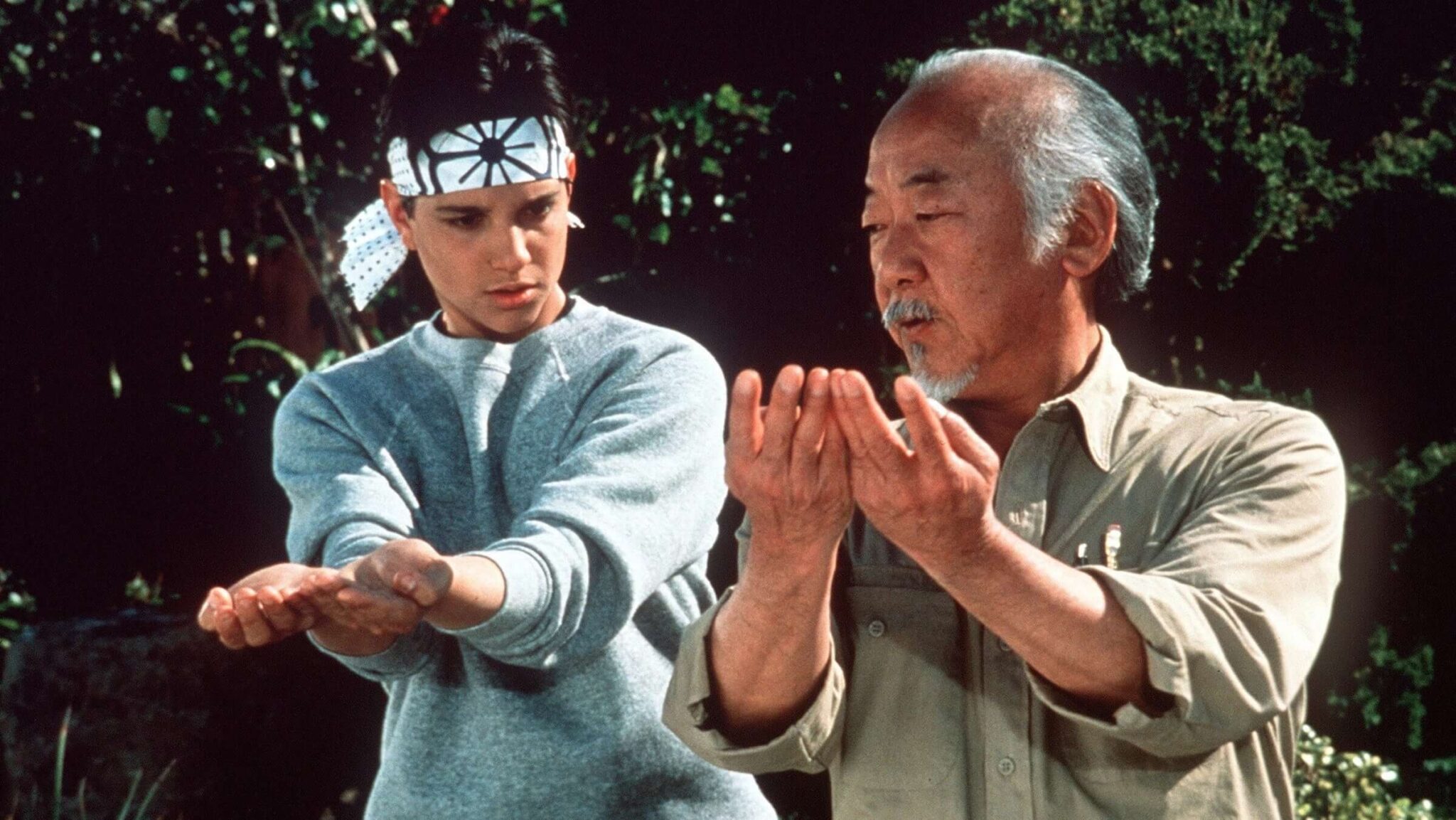
With ScreenCraft's Short Film Production Fund currently accepting submissions, we're thinking a lot about short films, which offer filmmakers a chance to hone their storytelling craft. It truly is a rite of passage for any filmmaker, no different than a hopeful novelist starting off with short stories.
We've featured a list of 9 Short Films All Filmmakers Should Know, which showcase various elements of concept, characters, story, and technical prowess that can capture the attention of audiences and the powers that be within the film and television industry.
But how do filmmakers conjure great ideas for short films? We turn to this amazing YouTube video by Darius Britt for some answers and inspiration. We'll breakdown what tips Darius has laid out and expand on them a bit, hopefully helping filmmakers to brainstorm and develop the amazing concepts, characters, and stories that can engage, entertainment, and touch audiences.
These eight tips below can also be applied to conjuring concepts for feature films, scripts, novels, and short stories as well.
1. Establish a Routine
Too many writers and filmmakers wait for some magical inspiration in their lives in order to find a project. The problem is that inspiration requires work. And yes, work requires some form of routine. Establishing a daily routine is key because it gets you in the mindset of using your imagination and creativity. It gets those creative juices flowing, something which we covered with 5 Habits to Get Those Creative Juices Flowing. Whether it be an hour (or whatever you can manage) each day during your lunch break, during the ride home, early in the morning, or late at night, it doesn't matter as long as you're working towards finding that amazing idea. The brain works in mysterious and cool ways. If you're constantly and regularly brainstorming ideas, your brain will take over and do much of the work for you — even in your sleep. All because you established a routine.
2. Write What You Know
We've all heard this cliche over and over again. Many end up confused and ask things like, "But what did George Lucas know about a galaxy far, far away?" The point is, you inject what you know into those concepts that are outside of your own reality. What you know comes out in the characters, the situations, etc. Sure, you can truly write what you know and tell some amazing stories because the truth is often more fantastical than fiction, but know that you can take outside-of-the-box concepts and ideas and inject them with what you know and what you love.
3. Game of Opposites
This is an amazing way to conjure ideas from an already established and successful concept. You take something and flip it. A bad (or brilliant) example would be Titanic. The film told the tragic true story of a luxury ocean liner that hit an iceberg, forcing the crew and passengers to survive, and sadly, perish in the icy cold waters. Well, let's flip it and change the setting to the future where a passenger spaceship in deep space collides with an asteroid and the crew and passengers embark on a journey of survival (Okay, I have dibs on that one).
4. Watch Other Films
This is key to sparking that fire within your own imagination and creativity. Even Aaron Sorkin, arguably one of our greatest living screenwriters, once famously said, "Good writers borrow from other writers. Great writers steal from them outright." But it's not really about outright stealing. It's about being inspired. All too often, you'll see some element in any given film that wasn't even focused on, yet it becomes a seed for your own concept. And if it is not just mere inspiration, it's about flipping concepts and character types that you've seen in other films and making them your own.
5. The Magical Notebook
Keep a handy notebook or utilize your smartphone note apps or voice recorders. Brilliant and compelling thoughts and ideas often come at the strangest of times. You could be eating dinner at a boring company party where you really don't know anyone. You could be at work. You could be getting your haircut, grocery shopping, or even more odd places like sitting on the toilet. Be ready to take note, but in that last case, you may want to wash your hands first. Regardless, always be ready to jot down those thoughts, ideas, and experiences.
6. Research
Research affords you information and context for whatever concept, story, and/or character that you're developing. It leads to some added inspiration for ideas as well. Utilize the internet, Wikipedia, Quora, your local library or book store, etc. Immerse yourself and you will surely find some gems to behold.
7. List Your Resources
What do you have access to? Do you have some interesting artifacts passed down to you in your family? Do you have access to cool props or locations that you could wrap a story around? Do you have access to interesting people with interesting stories to tell (doctors, veterans, police officers, teachers, etc.)? Utilize your resources.
8. Live a Little
Life experiences offer you raw material to draw from, whether it be from your upbringing, your education, your career, your love life, travels, etc. These experiences give you endless material that you can apply to finding concepts, stories, characters, etc. So go live life. Build relationships. Fall in love. Get your heart broken. Travel. Study. Quit that job you hate and find one you love. Whatever it takes, just go live life.
With short films in particular, Darius is right in saying that you want to keep things simple. Simple concepts thrive in the short film platform. You don't have to expand the concept into the many character and story arcs that are often necessary for features. You simply present the concept and offer some engaging moments, focusing on perhaps one broad character and story arc.
Utilize these eight tips. Come up with your own to add to the list. Don't be afraid to go on that journey. What you find will all too often be greater than any physical treasure once you apply it to your short film, feature, script, novel, short story, or whatever it is that you're trying to develop. Ideas are the ultimate treasure, especially when you make them come to life.
Tags
Get Our Screenwriting Newsletter!
Get weekly writing inspiration delivered to your inbox - including industry news, popular articles, and more!


























